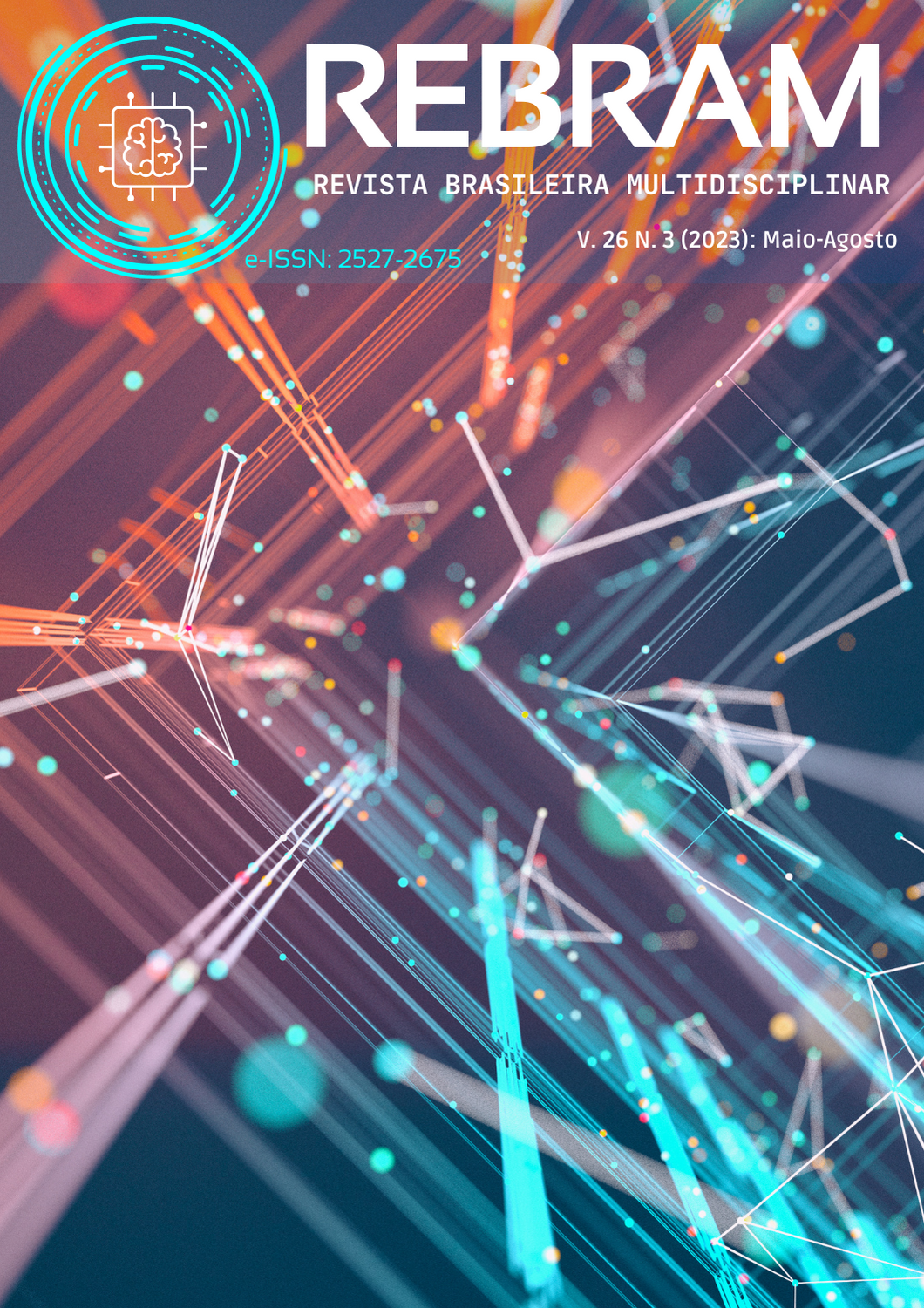Envelhecimento e resiliência: conceitos, incursões e desenvolvimento subjetivo
Main Article Content
Abstract
O crescimento acelerado da população idosa é considerado um fenômeno mundial. O envelhecimento ocorre de forma multifatorial e heterogênea, influenciado pelas experiências vividas e do contexto sociocultural em que os indivíduos estão inseridos, o que pode criar uma conjuntura favorável ao estabelecimento de quadros de vulnerabilidade. O presente estudo volta a atenção à capacidade pessoal do indivíduo se adaptar, a resiliência, e com objetivo de revisitar o conceito de resiliência psicológica que poderia auxiliar no desenvolvimento de melhores estratégias para prestação de cuidados à pessoa idosa. Trata-se de uma revisão de literatura narrativa, com uso da literatura científica pré-existente para compilar e organizar informações relevantes sobre a resiliência psicológica e o envelhecimento, abordando questões epistemológicas da resiliência enquanto conceito e fatores relacionados. A resiliência é focalizada como uma variável individual e essencial para a manutenção da saúde e que exerce influência sobre percepções do sujeito sobre si mesmo e o mundo ao redor, o que poderia contribuir para um envelhecimento com maior qualidade. No que tange às implicações práticas do que foi exposto, é aventado que a resiliência pode ser utilizada na avaliação como um indicador de autonomia e independência do sujeito, assim permitindo a concepção das potencialidades e limitações do mesmo. É viável cogitar a elaboração de programas educacionais centrados na promoção da resiliência, visando capacitar a população idosa e assim beneficiar a independência destes, consequentemente amenizando a demanda de cuidados no sistema de saúde pública.
Downloads
Article Details

This work is licensed under a Creative Commons Attribution 4.0 International License.
• The author (s) warrant that the contribution is original and unpublished and that it is not in the process of being evaluated in other journal (s);
• The journal is not responsible for the opinions, ideas and concepts issued in the texts, as they are the sole responsibility of the author (s);
• Publishers have the right to make textual adjustments and to adapt the article to the rules of publication.
Authors retain the copyright and grant the journal the right of first publication, with the work simultaneously licensed under the Creative Commons Attribution License, which allows the sharing of work with acknowledgment of authorship and initial publication in this journal.
Authors are authorized to take additional contracts separately, for non-exclusive distribution of the version of the work published in this journal (eg publish in institutional repository or as book chapter), with acknowledgment of authorship and initial publication in this journal.
Authors are allowed and encouraged to publish and distribute their work online (eg in institutional repositories or on their personal page) at any point before or during the editorial process, as this can generate productive changes as well as increase the impact and citation of the published work (See The Effect of Free Access) at http://opcit.eprints.org/oacitation-biblio.html





